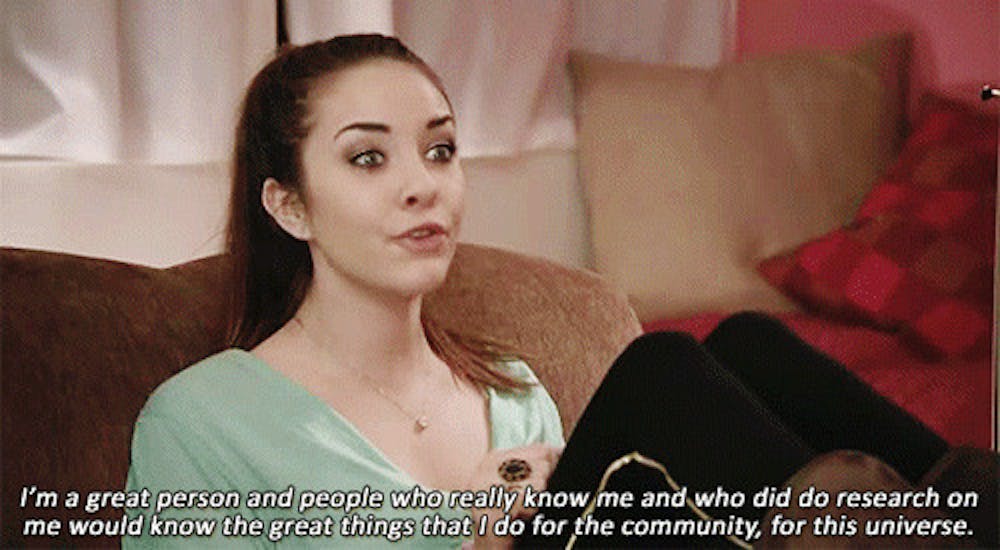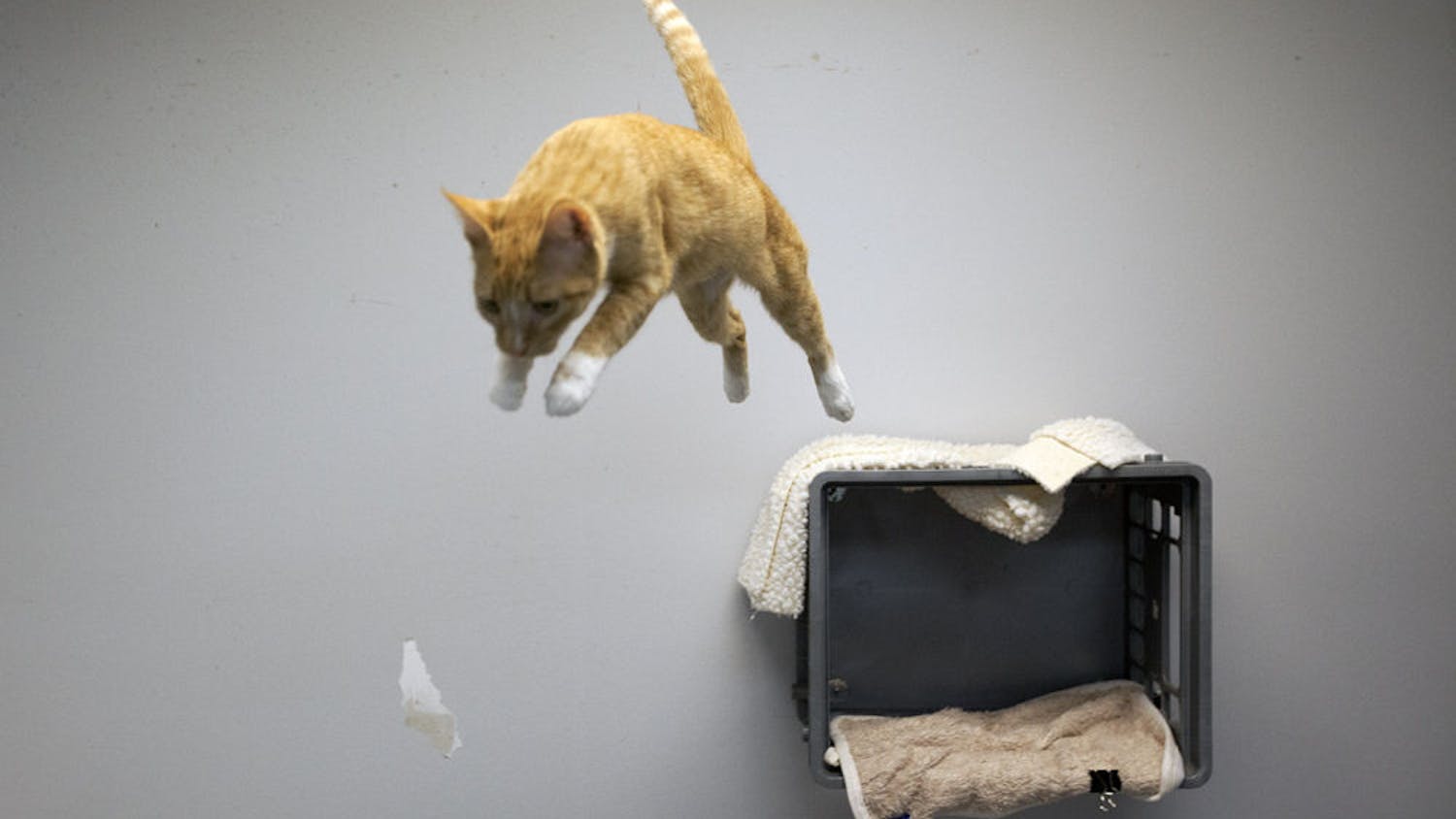It’s no secret that Internet culture has produced an obsession with fame, but how far would you go to get your 15 minutes?
Would you bare your breasts to the infamous UF Boobs Twitter account? Would you be that girl who suffers through a date with Ryan Lochte on his reality TV show? Would you commit a criminal offense?
Everyone does it. Entertainment media has only confirmed that there are no real repercussions when Lindsay Lohan, Paris Hilton, Amanda Bynes and a number of other celebrities land in jail and get conveniently released. For a female celebrity let off the hook, her name trending on Twitter is the ultimate consolation prize.
That’s what happened to Alexis Neiers and the members of California’s infamous teenage theft gang, the Bling Ring, back in 2010. Mix a teenage girl with a drug and abusive past with superficial fame-savvy friends and TMZ, and you have the perfect equation (or just one equation) for the Internet culture celebrity – a new breed that might even be a step below Kardashian.
Internet culture is both a blessing and a curse. Communication and knowledge are literally at our fingertips – we just have to type it into Google. On the other hand, as technology advances so does our self-awareness. Your Facebook profile IS you, and the statuses you post are only validated by the number of likes it receives. It isn’t enough to connect with people via social media. We have to bombard them with obnoxious photos and statuses that live up to the witty, detrimental, intellectual or creative image we’ve blessed ourselves with. We may be entirely different people in real life, but because the Internet projects only one image to the world – an image we can calculate and manipulate – the personality of your Internet image is the only image of cultural significance.
Whether you know your own group of local celebrities or are part of a larger online community that devotes attention to people such as YouTube celebrities, it seems everyone is trying to market him or herself and get some sort of attention. In the example of Lohan, Bynes and Neiers, even negative attention is favorable. You can become a celebrity too! Have a “passion for fashion”? YouTube can help turn that so-called passion into celebrity if you buy into the trend of shopping haul videos. You can be sitting in your room with your webcam and film yourself talking about a “super-cute pair of Victoria’s Secret Pink underwear” that you bought on sale, and you can convince yourself you are doing your viewers a favor. Blaire Fowler, aka “JuicyStar07” on YouTube, is one of YouTube’s most popular beauty gurus. Fowler, 20, started making videos in 2008 and has already gained over 1 million followers. Her latest haul video received over 57,000 views in less than 24 hours.
That’s equivalent to the entire student population at the University of Florida (and then some) tuning in to watch her ramble on about how one side of her hair is longer than the other – she’ll also tell you she bought Lush’s “Ro’s Argan Body Conditioner” and admit it doesn’t really do anything different from a regular lotion. This “just because” attitude of women online trivializes them to just a bunch of products they bought and are now telling you about it. Fans (because if you tune in regularly and become familiar with their image, you are a fan to their celebrity) will defend them saying they have the right to go online and post whatever – and, essentially, they’re right. The problem comes with the bombardment of celebrity images and “news” like Kate Upton’s crazy week of sexy, revealing clothes that eventually puzzle girls as to why it’s even considered news. If you are young enough and naïve enough it can affect you in serious ways.
Nancy Jo Sales, author of “The Bling Ring” and the article “The Suspects Wore Louboutins,” which appeared in Vanity Fair, recently told Forbes about her book and how celebrity culture can begin to influence even the youngest of girls.
Sales said, “My daughter is almost 13 and she’s very aware because we talk about these things a lot. It’s important, especially if you have a girl. I’m concerned and alarmed about the images of girls and women that are broadcast every single minute. She was reading the news online recently and she asked, ‘Why is Selena Gomez wearing a bikini in a news story?’”
It isn’t advertising or the “unrealistic” images of women the media portrays that’s affecting women today. It’s the very real belief of “if Neiers can do it, so can I.” It’s a testament to being a human and living in an Internet culture. We have to leave our mark, but we’re doing it in all the wrong ways.






